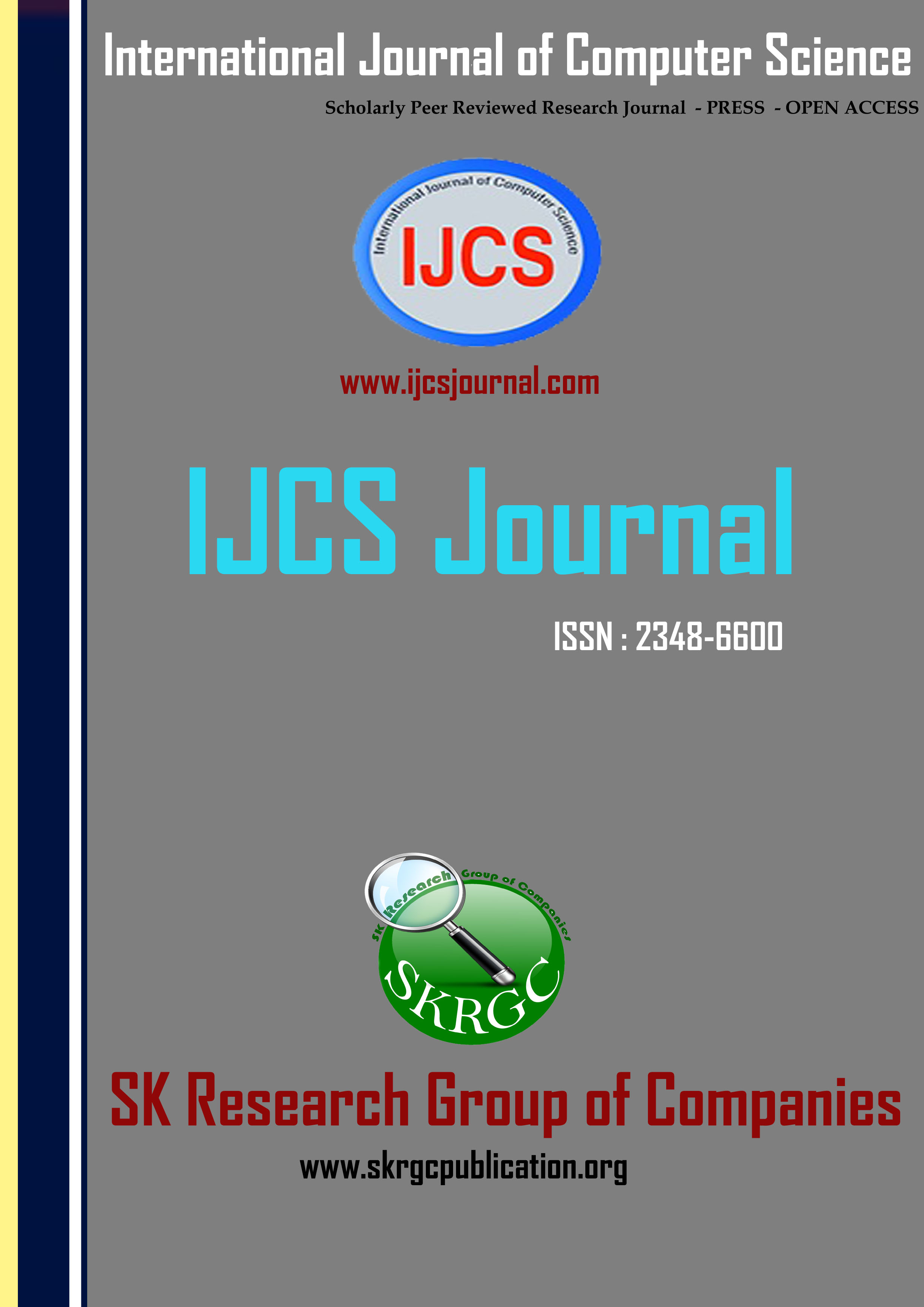Efficient Management of Confidential Data in Disruption-Tolerant Military Networks
International Journal of Computer Science (IJCS) Published by SK Research Group of Companies (SKRGC)
Download this PDF format
Abstract
In today’s world of growing commercial environment, transmitting secure data has become a great challenge. Portable nodes in military environments are prone to experience irregular system network and frequent partitions. A methodology called Disruption-tolerant network (DTN) permits remote devices to speak with one another and access the confidential data or secret data by abusing outside capacity nodes or storage nodes. This system provides efficient scenario for authorization policies and policies update for secure data retrieval. One of the most promising cryptographic solutions introduced to control the access issues is Cipher text Policy Attribute Based Encryption (CP-ABE). However, the problem of applying CP-ABE in decentralized DTNs introduces several security and privacy challenges with regard to the attribute revocation, key escrow, and coordination of attributes issued from different authorities. In this paper, we propose a secure data retrieval scheme using CP-ABE for decentralized DTNs where multiple key authorities manage their attributes independently. We demonstrate how to apply the proposed mechanism to safely and proficiently deal with the classified information dispersed in the Interruption or disruption tolerant network.
References
[1] J. Burgess, B. Gallagher, D. Jensen, and B. N. Levine, “Maxprop: Routing for vehicle based disruption tolerant networks,” in Proc. IEEE INFOCOM, 2006, pp. 1–11.
[2] M. Chuah and P. Yang, “Node density-based adaptive routing scheme for disruption tolerant networks,” in Proc. IEEE MILCOM, 2006, pp. 1–6.
[3] M. M. B. Tariq, M. Ammar, and E. Zequra, “Mesage ferry route design for sparse ad hoc networks with mobile nodes,” in Proc. ACM MobiHoc, 2006, pp. 37–48.
[4] M. Chuah and P. Yang, “Performance evaluation of content-based information retrieval schemes for DTNs,” in Proc. IEEE MILCOM, 2007, pp. 1–7.
[5] M. Kallahalla, E. Riedel, R. Swaminathan, Q. Wang, and K. Fu, “Plutus: Scalable secure file sharing on untrusted storage,” in Proc.
[6] S. Roy andM. Chuah, “Secure data retrieval based on ciphertext policy attribute-based encryption (CP-ABE) system for the DTNs,” Lehigh CSE Tech. Rep., 2009.
[7] L. Ibraimi, M. Petkovic, S. Nikova, P. Hartel, and W. Jonker, “Mediated ciphertext-policy attribute-based encryption and its application,” in Proc. WISA, 2009, LNCS 5932, pp. 309 323.
[8] S. Yu, C. Wang, K. Ren, and W. Lou, “Attribute based data sharing with attribute revocation,” in Proc. ASIACCS, 2010, pp. 261–270.
[9] J. Bethencourt, A. Sahai, and B. Waters, “Ciphertext-policy attributebased encryption,” in Proc. IEEE Symp. Security Privacy, 2007, pp. 321–334
[10] A. Boldyreva, V. Goyal, and V. Kumar, “Identity-based encryption with efficient revocation,” in Proc. ACM Conf. Comput. Commun. Security, 2008, pp. 417–426.
Keywords
key generated, backward secrecy, fine-grained

